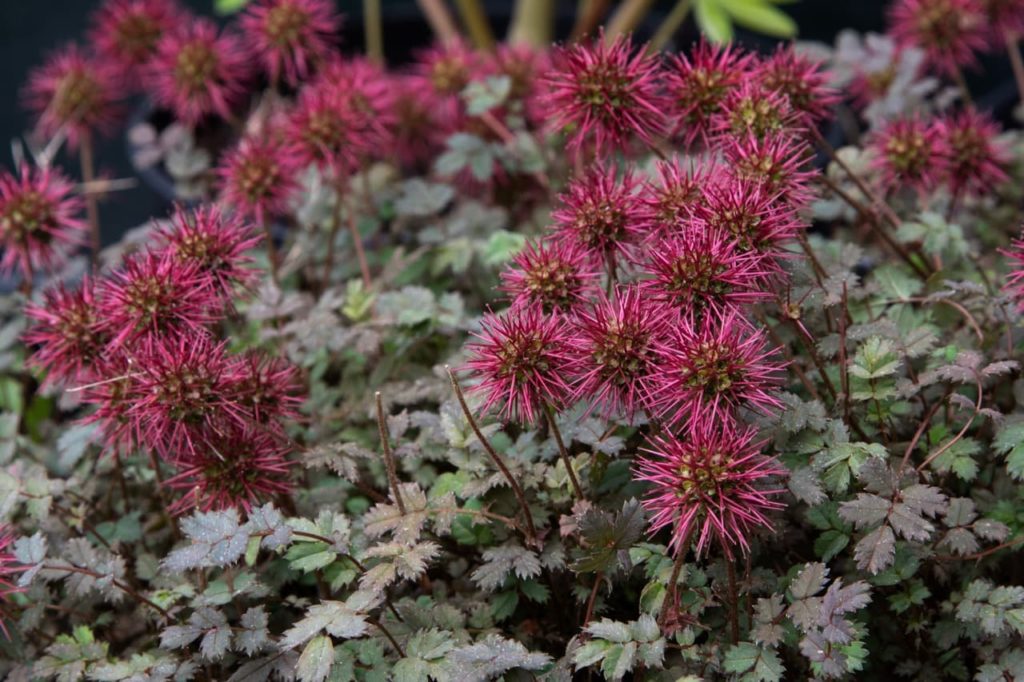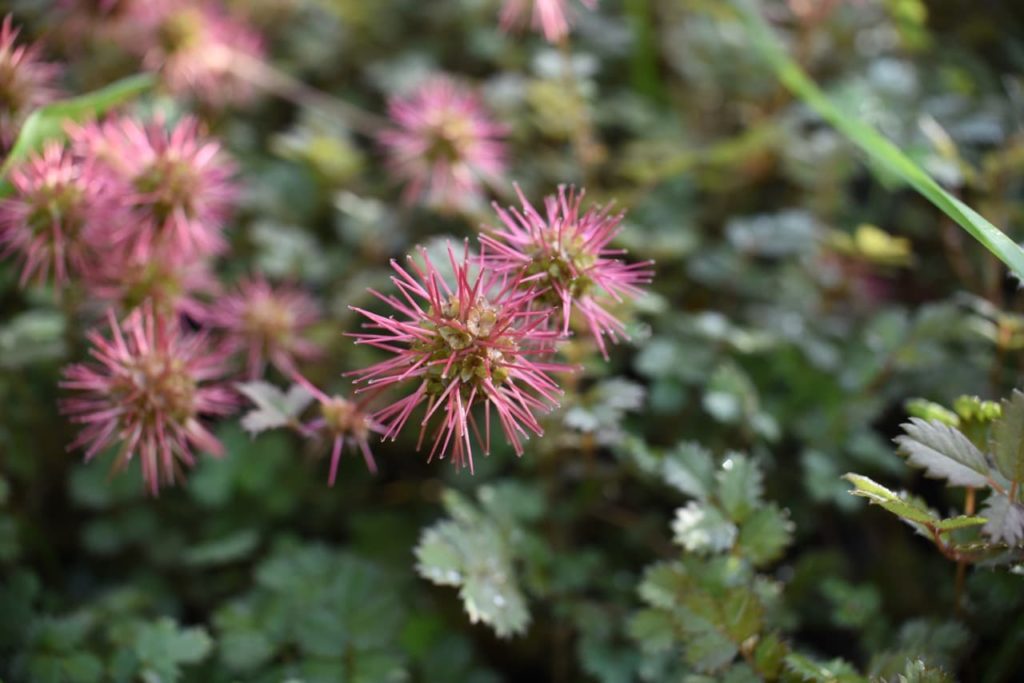ALPINES > ACAENA
IN THIS GUIDE
Acaena offers several metal money of earth cover plant life native to parts of the Southern Hemisphere , that are often grown between paving in a path or patio – or in a rock or crushed rock garden .

However , it is important to note that these plant can be invasive in some area , so think carefully before you settle to get them in your garden , as sometimes it may be good to consider nativeground screening options .
Overview
PreferredFull Sunday or part shade
ExposureExposed
Height0.1 – 0.5 MB

Spread0.5 – 1 K
Bloom TimeJuly to August
PreferredLoam , moxie , cadaver

MoistureWell - drain
pHAny
Acaena is a genus of evergreen herbaceous perennials and subshrubs in the Rosaceae flora family.1Acaena Mutis ex-husband L.(n.d . ) . Kew Botanic Gardens . retrieve August 23 , 2023 , fromhttps://powo.science.kew.org/taxon/urn:lsid:ipni.org:names:30001386-2

According to Kew , there are 56 accepted species within this genus , most of which are native to New Zealand , Australia and South America .
Common Varieties
Varieties commonly grown in the UK include :
How To Grow Acaena
Acaenas are very well-off to grow – so much so that you may not have trouble in growing them successfully but rather in curtailing their growth .
If you would wish to farm this works , it will be important to choose the proper locating .
commemorate that given their invasiveness , you should not raise these in shape where they might easily get away into the wild . In fact , in some areas of the UK it is an offence to purposefully plant Acaena in the wild.2Pirri - pirri bur . ( n.d . ) . Invasive Species Ireland . find August 23 , 2023 , fromhttps://invasivespeciesireland.com/wp-content/uploads/2020/11/NIEA-ID-Guide-Acaena-spp.-1.pdf

One thing to remember is that these are plant that will typically fly high in a office in full sun , though many species and cultivars also make do well with light , mottled shade , especially in warmer expanse .
These works have a hardiness rating of H4 - H5 depending on the specific species and smorgasbord .
Many can cope with a British winter but some may want a slight protection in colder parts of the UK .

This is a plant that utterly needs good drain .
The land must be free - draining and not retain water or become waterlogged at any time .
However , as long as the drain is splendid , this plant life can deal with a range of unlike soil character and ph levels .
Poor filth is tolerated very well by these plants .
Gardening expert Dan Ori suggests :
“ Acaena can be a good plant for a hanging hoop in slightly shaded conditions due to its robust nature and attractive leave . ”
Acaena Care
Acaena is certainly a case of plant that thrive on negligence .
It can cope without any human intervention and has , in recent years , spread to the natural state through cum and garden waste where it expand on its own without any charge , colonising a number of habitats and threatening to outcompete native works .
For this reason , we want to be very heedful how we grow it in our garden .
When it come to watering and feeding , you may take a minimalist approach .
You will probably have to water Acaena only during the most prolonged dry spells in summer , and will not have to feed these plants at all , as they can make out with low - richness conditions very well .
The most authoritative chore when uprise Acaena in an area where they may be incursive is pull together the seed to prevent its scatter , which you should do in the early fall .
The stems also rout freely , so you should draw them out to restrict the spread of the industrial plant .
The leisurely way to circularize Acaena is by dividing mature plants in the early spring .
you could also sow the seed you have collected in the autumn or spring .
These plants are not really disruptive in UK gardens by any pests or diseases – the only affair they are much troubled by are overly damp and waterlogged atmospheric condition .
recollect , Acaena are non - aboriginal plant that can become invasive .
They are easy to grow , but should only be grown with caution in areas where they may spread to the state of nature and pose a risk to our native habitat .